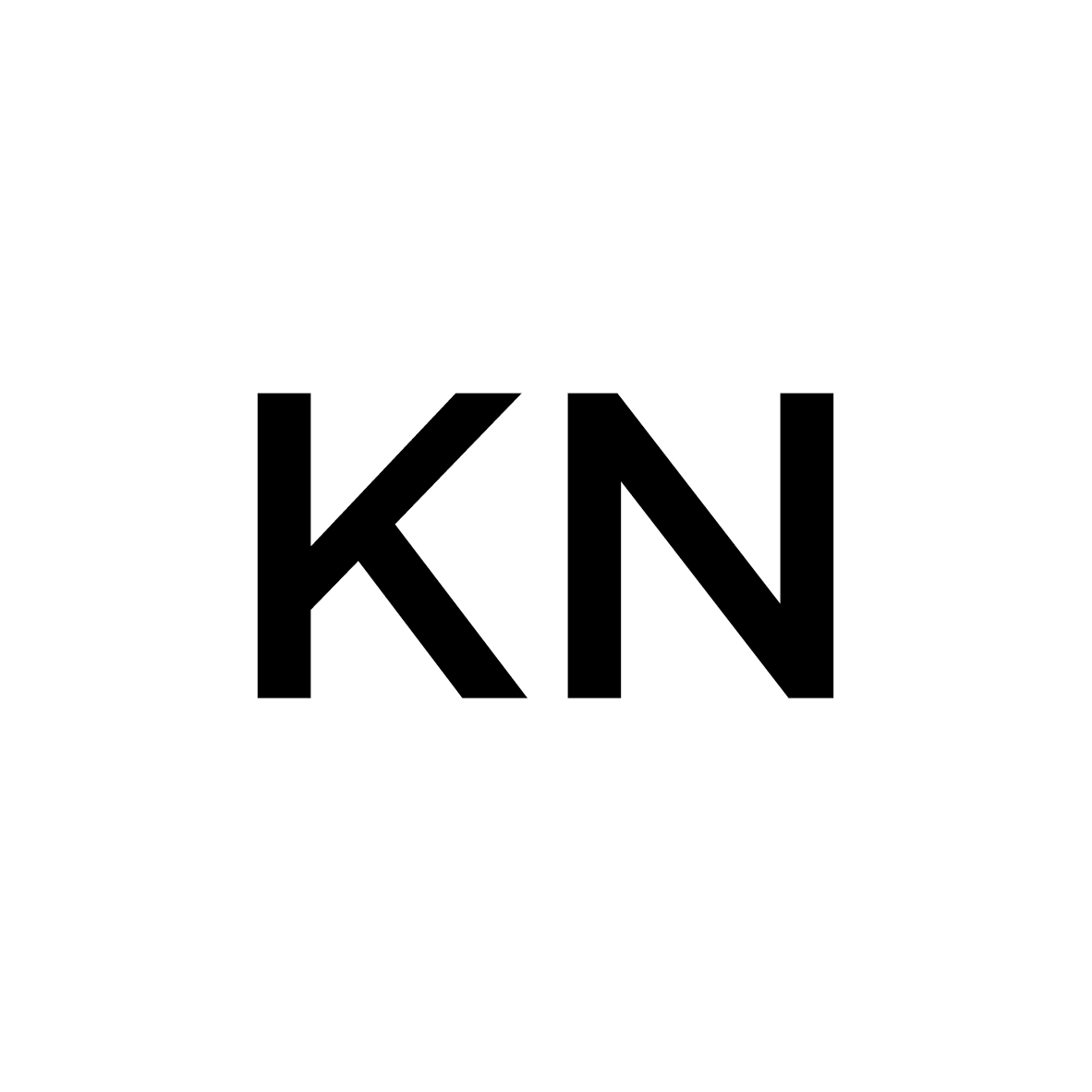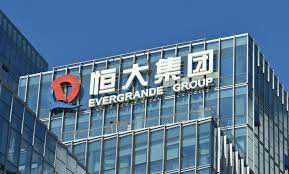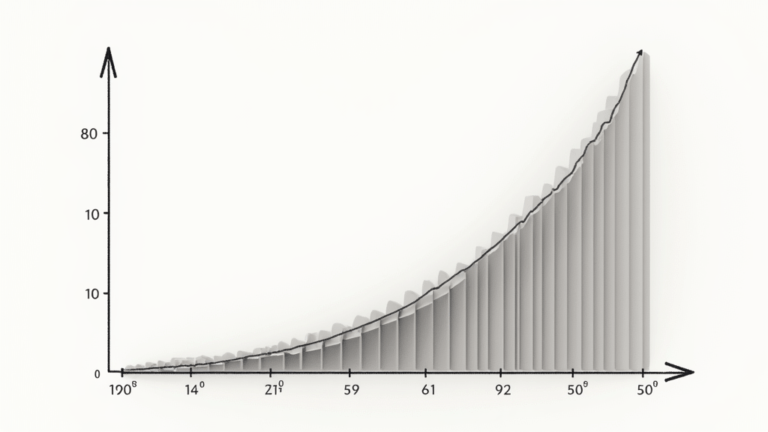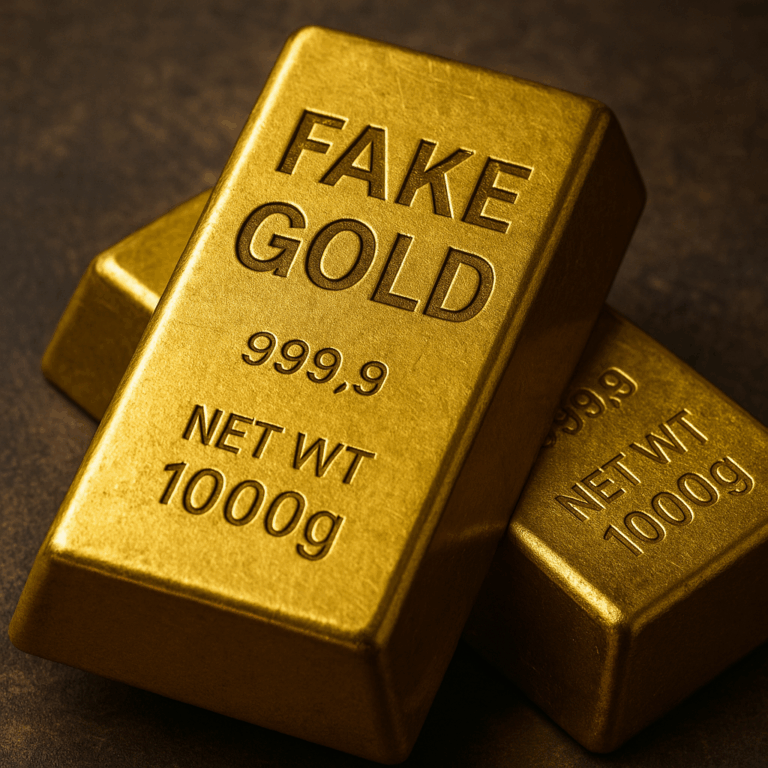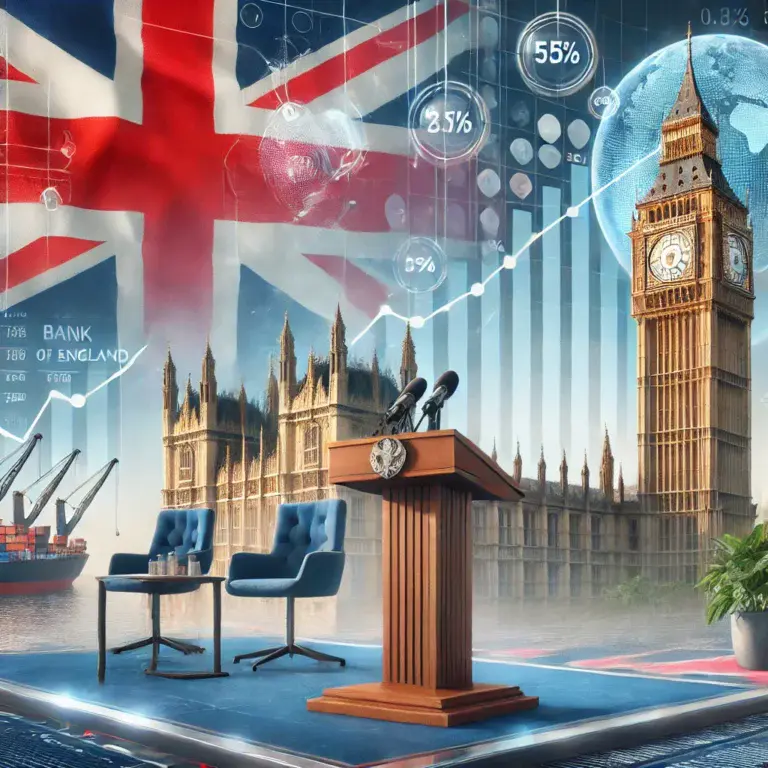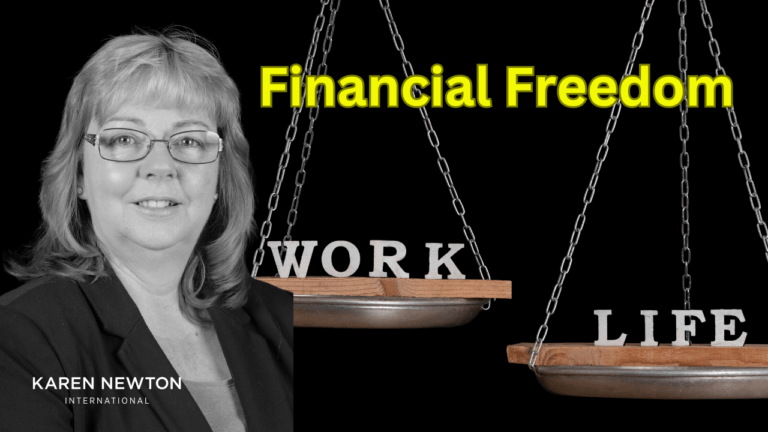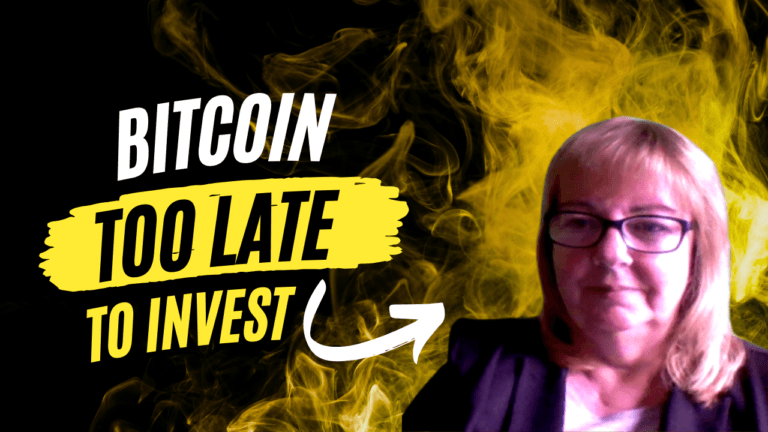Evergrande Is A Global Problem
The problem with global markets is that something that happens on one side of the world could have a huge affect on the other side. Is the fallout from the Evergrande situation just a Chinese problem or a global issue?
Table of Contents
Who is Evergrande?
Hui Ka Yan or Xu Jiayin,(in mandarin) is the billionaire founder of Evergrande. Founded in 1996 in Guangzhou, the property dvelopment business expanded very quickly, on the tails of the Chinese Property Boom, mainly through massive . The borrowing was made up of bonds, mortgages and investments.
According to their website, Evergrande owns more than 1,300 projects in 280 cities. By the end of June, Capital Economics reported the company was committed to building 1.4 million properties. The commitment being orders placed.
Financial Crisis
The pandemic lockdowns triggered a liquidity scare and the company wrote to the provisional government advising it was likely to suffer liquidity problems in 2021. Several investors agreed to waive their rights to bond repayments of $13 billion in a boost to cashflow but it wasn’t enough to solve the problem as there were even more debts due in the short term.
In October Evergrande agreed to sell a 50.1% stake in Hopson Development Holdings Ltd for about $2.5 billion. Hopson’s shares which had been suspended on the share market during the negotiations are due to relisted shortly on news that the deal has fallen through.
Attempts to sell other assets such as their Electric Vehicle company have failed to materialised. Talk of listing the tourism company and water company which are also part of the Evergrande Group have gone quiet. This has left a very real concern that Evergrande will default on bond payments which are due by 23rd October.
An attempt by Evergrande to issue more bonds to raise additional funding needed to meet to both the existing coupon payments and refinance bond loans failed miserably. The downgrading of Evergrande’s rating to Junk meant even as Junk Bonds, the issue failed to raise any funds at all.
The Outlook
Evergrande had been considered to big to fail with many investors expecting China to come to the rescue at the last minute.
China has been struggling to control speculative investing but recent changes which have seen a variety of regulators join forces to monitor and enforce the governments regulations means current Chinese sentiment around property developers large borrowing has changed and it is felt they may refuse to step in to support the business.
In September, Chines house prices saw a drop of 17 per cent. This was engineered by China’s Central Bank, in an attempt to lower collateral for loans. In turn it is hoped this would lower loan applications and borrowings property. This has an impact not only on Evergrande’s balance sheet but also on other property development companies who saw balance sheet assets drop in value.
A New York Times October report states 1.6 million people are still waiting to move into their new homes which remain unfinished despite payments towards the properties having been paid. This is up from 1.4 million in June.
Suppliers contracted to work on the properties are refusing to continue working due to non-payments. It has been reported that Evergrande have offered suppliers non-finished properties in lieu of payment.
New sales are failing to bring in additional funds as the company reports a 97% drop in demand over the past 12 months.
In a further attempt to cool the property market, President Xi Jinping has announced he wants to apply a property tax. This is currently being thwarted by communist party elites. It would be another headache for Evergrande if it went through.
How This Could Affect You?
Foreign Investors are owed $7.4 billion, if Evergrande were to fail, the Chinese Regulators have indicated they are not prepared to step in and rescue foreign investors as they have done in the past.
Fund Managers, Institutional Investors and Banks are the biggest buyers of Evergrande Bonds. A default or collapse of Evergrande would have a flow on affect on returns and capital reduction for their investors. Many investors rely on returns for income and pension funds.
Billionaire Investor, George Soros, writing for the New York Times, went as far as to say, the collapse of Evergrande could trigger a financial crash in China which would affect the rest of the world. This sentiment is supported by many world economists.
In past economic difficulties such as the Great Recession of 2007 – 2014, China who was at that stage an asset based economy was able to support many world economies preventing countries currencies from collapse. Today China has moved to a debt based economy and doesn’t have the resources to support other countries.
With many banks and fund managers likely to be affected by a collapse in Evergrande, one thing is sure the pressure on world economies will become even greater.
Evergrande Legacy
The potential default of Evergrande bond coupon payments and bond repayemts is likely to have global repurcussions impacting house prices and cashflow. Debt based economies, which most western countries are based on are dependent on confidence of supply and cashflow. The global fallout from a potential collapse will send ripples through already fragile economies.
Instead of the good Evergrande has done in creating better living standards for the chinese people, it is more likely to be remembered as the company which toppled world economies.
The world waits with baited breath.
Update
As this article was about to be published, breaking news from Reuters is reporting that a 3 month reprieve has been provided to Evergrande by Jumbo Fortune Enterprises for $260 million bond maturity repayment to allow Evergrande more time to find a solution to it’s problems. It stated that founder Hui Ka Yan was contributing some of his personal wealth into the company to aid cashflow and help the company complete a project which is tied to the bond in question. The report is so far, unconfirmed by either the bond holder nor Evergrande.

Karen Newton is a Business and Wealth Strategist, 3x International Bestselling Author, and founder of Karen Newton International. She combines practical experience with AI-Powered Entrepreneurship to help smart entrepreneurs build online income, invest strategically, and create long-term wealth through business growth, investments and joint ventures.
